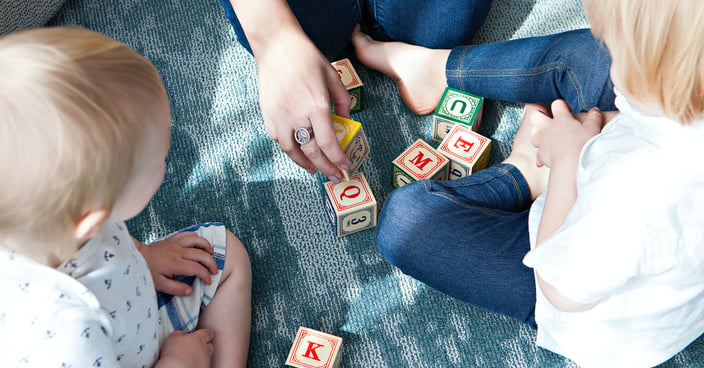5 Ways To Help Your Kid Socialize
As parents, we play a crucial role in supporting our children's social development. Here are five meaningful strategies to help your children build strong, healthy social skills.
PARENTING ADVICESOCIALIZING KIDSEMOTIONAL WELLNESS FOR KIDS
1. Create Structured Playdate Opportunities
Intentional playdates provide a safe, controlled environment for children to practice social interactions. Choose activities that:
Encourage cooperation
Allow for shared experiences
Match your child's interests and comfort level
Rotate between home and neutral locations to help children adapt to different social settings.
2. Model Positive Social Interactions
Children learn by observing. Demonstrate:
Active listening
Empathy
Respectful communication
Conflict resolution
When children see you engaging positively with others, they internalize these valuable social skills.
3. Encourage Emotional Intelligence
Help children recognize and articulate their emotions. Teach them to:
Name their feelings
Understand others' perspectives
Express themselves clearly and kindly
Develop empathy and compassion
Use books, role-playing, and conversations to build emotional awareness.


Socialization is a critical skill that helps children develop emotional intelligence, empathy, and confidence. As parents, we play a crucial role in supporting our children's social development. Here are five meaningful strategies to help your children build strong, healthy social skills.
